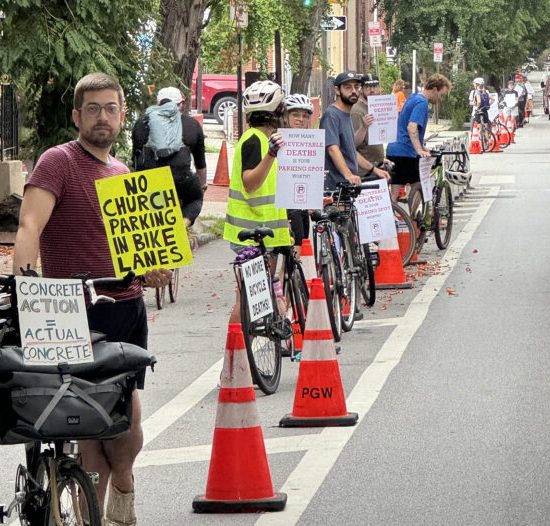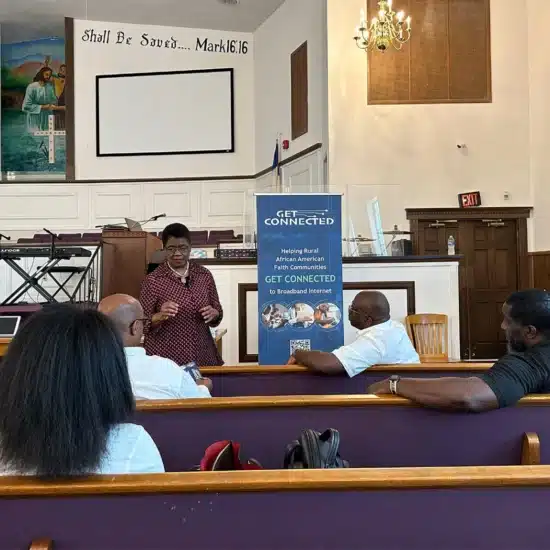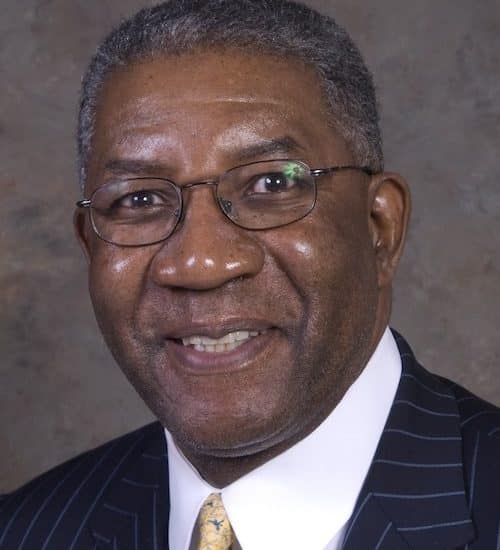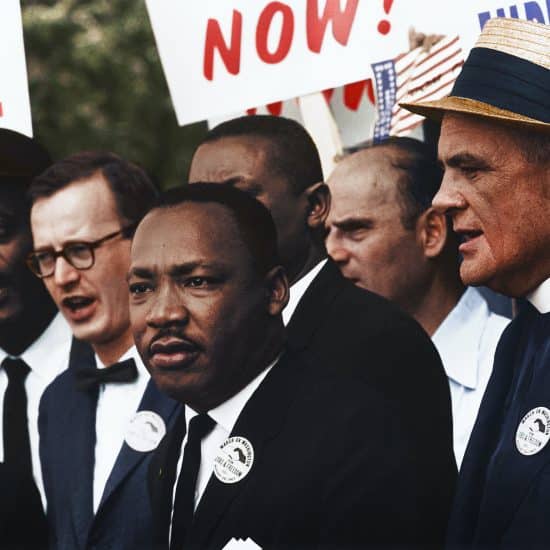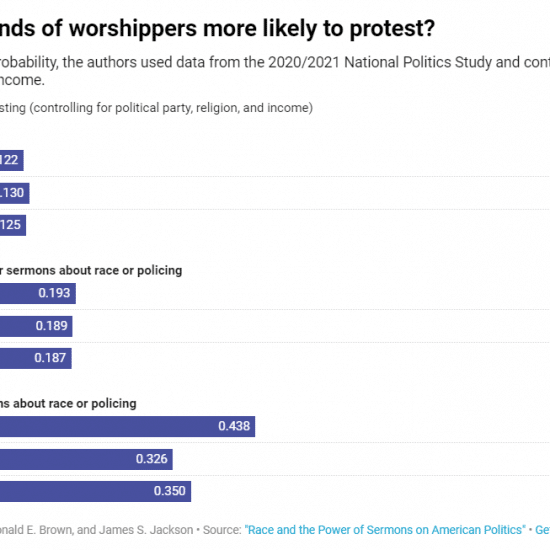In a matter of weeks, churches begin the annual exercise of inviting members to serve on a church committee. Some committees are antiquated and continued because direction can’t be found on how to end them. Other committees exist because they address the essential needs of the faith community. Occasionally a new committee is formed to address an unforeseen yet pressing need. A committee that churches should consider creating is a social justice committee.

Rudy Pulido
|
A definition of social justice is God’s people doing their part to fulfill the Lord’s Prayer that God’s will be done on earth as it is in heaven.
Regrettably, the term social justice is anathema in many churches due to an erroneous understanding stamped on the term by popular media personalities. Social justice, though, is deeply imbedded in the fabric of the Christian faith.
Old Testament prophets spoke repeatedly on social justice issues. Speaking through the prophet Isaiah, God tells his people, “Learn to live right. See that justice is done. Defend widows and orphans and help those in need” (Isaiah 1:17, Common English Version). Over a century later, Jeremiah would say to King Jehoiakim, “You built a palace with large rooms upstairs. You put in big windows and used cedar paneling and red paint. But you were unfair and forced the builders to work without pay” (Jeremiah 22:13-14, CEV). Amos would say of God’s people, “They smear the poor in the dirt and push aside those who are helpless” (Amos 2:7, CEV). And he trumpeted the immortal words: “Let justice and fairness flow like a river that never runs dry” (Amos 5:24, CEV). The laws of God’s people numbered in the hundreds were reduced through Micah to three: “See that justice is done, let mercy be your first concern, and humbly obey your God” (Micah 6:8, CEV).
The clarion call for social justice reached its heights in the life and words of Jesus. As he began his ministry, he drew from the prophet Isaiah and read to the congregation, “The Lord’s Spirit has come to me, because he has chosen me to tell the good news to the poor. The Lord has sent me to announce freedom for prisoners, to give sight to the blind, to free everyone who suffers, and to say, ‘This is the year the Lord has chosen’” (Luke 4:18-19, CEV). And as he approached the end of his earthly ministry Jesus described those who mirror the kingdom of God as those who feed the hungry, quench the thirst of the thirsty, welcome the stranger, clothe the naked, take care of the sick and visit those in jail (Matthew 25:34-36).
With the abundance of Scripture supporting the cause of the poor, the stranger and others, God’s people err if they abandon the social justice nature of the Christian faith. At a time when issues of immigration, Medicaid expansion, Right to Work, racism and welfare reform are at the forefront of news in Missouri, churches need to discover or rediscover their social justice heritage.
Where might the work of a social justice committee begin? It can begin with the understanding that its work transcends partisan politics. The questions social justice raises are not aligned with a political party but with an understanding of what is required of God’s people because of God’s Word. As so many issues concerning the vulnerable involve legislation, a social justice committee should keep its congregation informed on who serves them in the state legislature and the bills that are proposed.
Social justice committees can also keep congregations informed and educated on issues confronting the community. Most stands on issues are taken by individuals because of media advertising or deceptive jargon. A few years ago, faith groups in Missouri attempted to reform lending laws in our state. Missouri is “ground zero” for predatory lending in our country, with lenders charging over 400 percent interest. Opposing any reform of existing lending laws was the group “Stand Up Missouri.” If a Missourian knew little or nothing about the lending law issue, the name appeal of a group called “Stand Up Missouri” was enough to settle the issue. Similar groups that propose legislation conceal their negative influence with appealing language. Social justice committees can wade through the marsh created by questionable groups and deceptively named legislation and help members really understand the issues.
A social justice committee could also connect with the social justice committees of other congregations. Working together would be both educational and inspirational, and could have a powerful impact on a community. And, together, the Word of God through the prophet Hosea, “My people are ruined because they don’t know what’s right or true” (Hosea 4:6, The Message), can be powerfully addressed.
A retired pastor, Rudy A. Pulido is liaison to the faith community for the St. Louis Labor Council, AFL-CIO.

